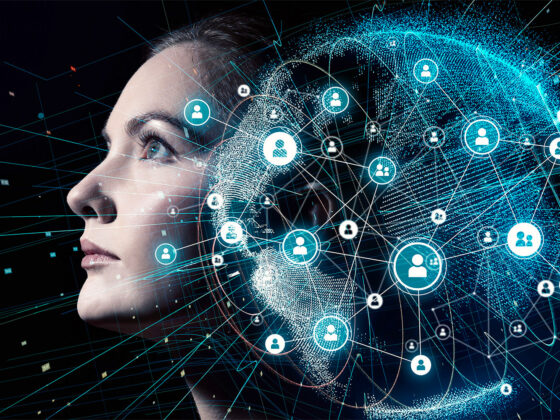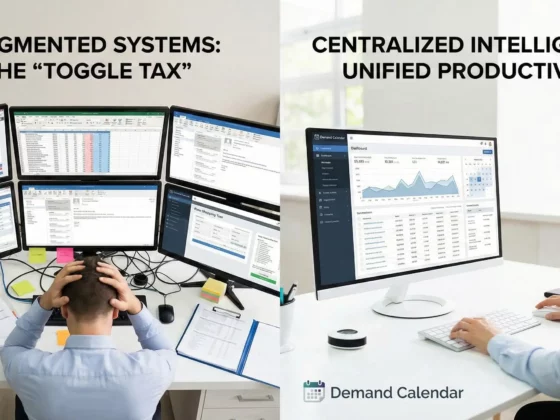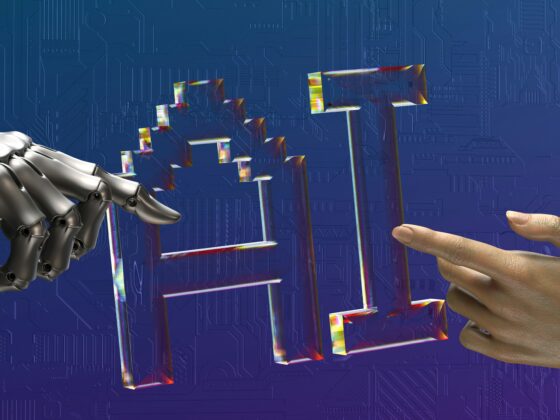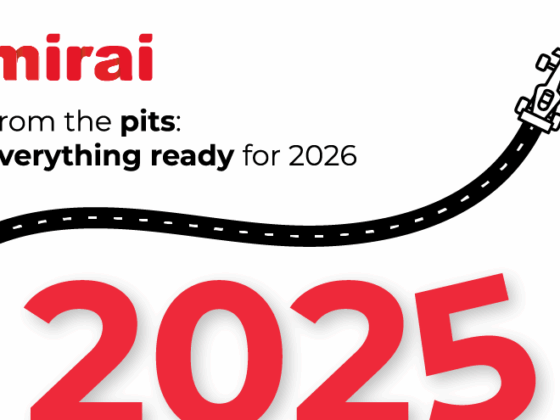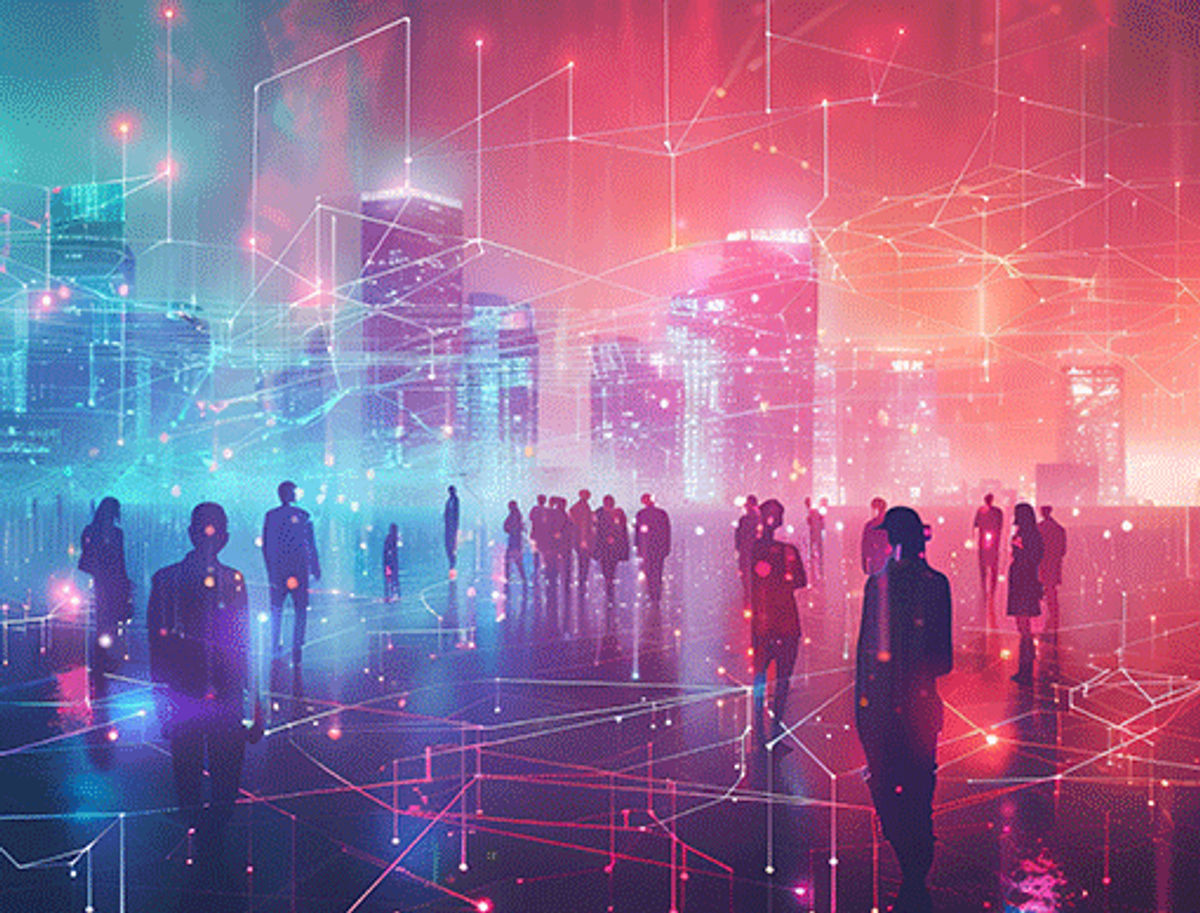
Autonomous agents have emerged as one of the standout innovations in GenAI over the past year. The distinction between autonomous and traditional AI systems lies in the level of independence and decision-making capacity. Traditional AI systems often require human guidance, with pre-programmed rules limiting their scope of operation. In contrast, autonomous AI possesses the ability to analyze and interpret data, learn from experiences, and execute actions without constant human supervision. This distinction highlights the advancement from rule-based AI to self-learning, adaptable systems that have the potential to revolutionize industries by reducing human intervention and enabling more efficient, accurate and dynamic processes. Unlike standard AI, which follows strict rules, autonomous agents decide their next move based on their surroundings and goals.
The precursors to autonomous agents were launched in early 2023, initially in the form of open-source projects like Auto-GPT and BabyAGI, and user-facing projects like AgentGPT, GodMode and HyperWrite’s Assistant. They initially received a flurry of fanfare, but it fizzled quickly because, while their potential was evident, their limitations – from getting things wrong to becoming stuck in loops – made them impractical for everyday use.
However, autonomous agents then received two significant boosts: First, in November 2023, Bill Gates penned a widely circulated blog post outlining how agents will change how everyone interacts with computers (including using the example of planning a trip), and then in February 2024 it was reported that OpenAI is actively working on developing these agents. Their launch will likely happen in the second half of the year, possibly coinciding with the launch of GPT-5, which according to OpenAI CEO Sam Altman will be “a lot smarter” than GPT-4.
Phocuswright’s full report True Automated AI in Travel is Coming is part of the larger content series Travel Innovation and Technology Trends 2024
As mentioned in the article announcing OpenAI’s work on autonomous agents, rather than operating standalone in their own digital world, some agents may be able to assume direct control of a user’s computer. Theoretically, this could enable agents to complete any tasks the user could using their own software and browser (including using saved credentials to log into various websites).
The idea of deploying an intelligent assistant to help with mundane tasks is easy to accept, but enabling an autonomous agent to perform high-stakes tasks like shopping and even booking travel may be more disconcerting for many.
- How much autonomy do we want or need these agents to have?
- Will autonomous agents that act on our behalf make us liable for their actions?
- Will we see a new era where autonomous customer agents interact with autonomous supplier or intermediary agents, negotiating unique prices and amenities based on data shared and goals of each of the parties, all without the need for human intervention?




